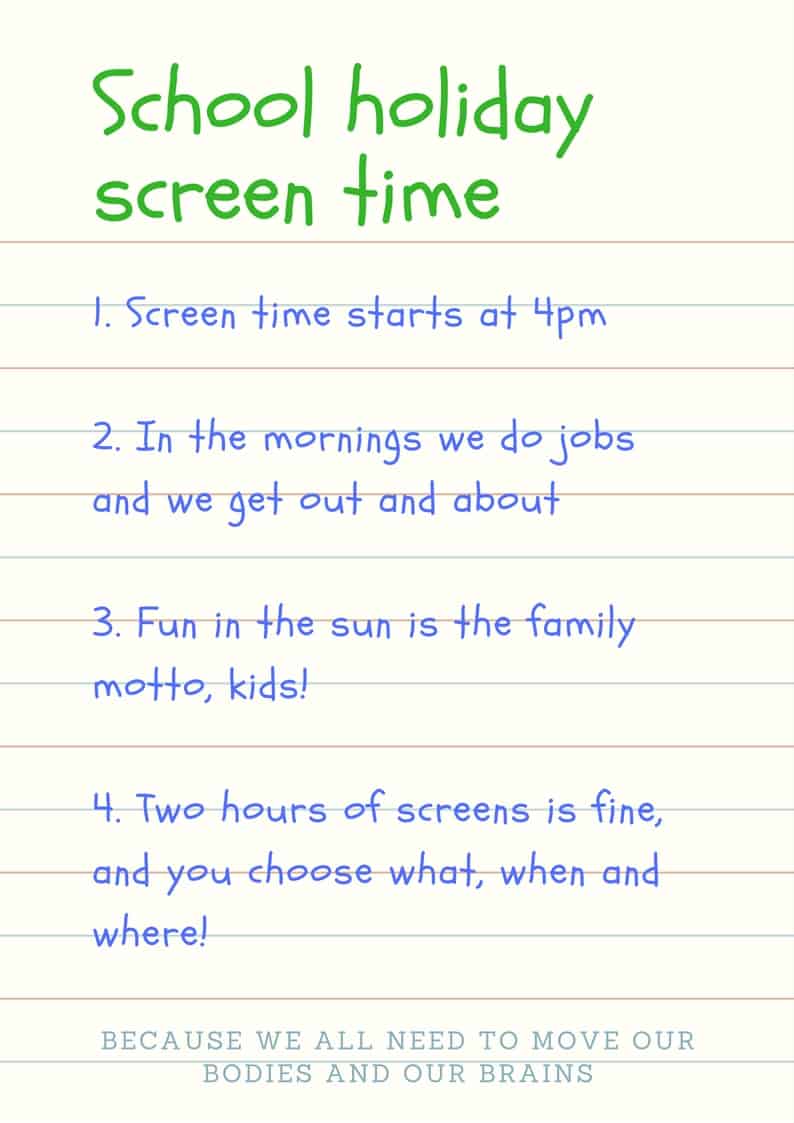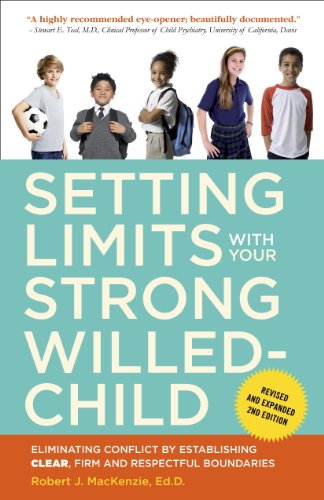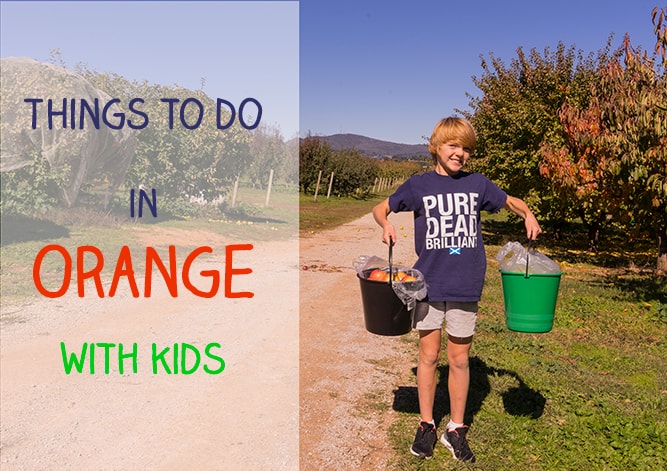I can hear you screaming: ‘How do I get my child off screens??!!’ We all need help with this, all the time.
I’m getting this all down in print to help myself as much as anyone else!
Over all my parenting years with my four children, screen time has the hardest thing to manage.
What’s reasonable? What just isn’t?
Here’s what I’ve learned and how we have managed our kids over the years.
Kids are all different, some are more addicted
Some kids are easy and some are hard. I’ve got one son who will often jump up and go outside to play, kick balls and chase the cat.
He will also choose to sit down and read a book. He just doesn’t need the same limits that the other kids do.
In sharp contrast, when my two older boys were young they were much more addicted and we had to have firmer rules.
My daughter would happily spend 12 hours a day watching Youtube videos… and that’s not on.
She is an active girl and will do other stuff but our issue with her is that she’s not reading books in the way the boys did.
We feel the screens are definitely getting in the way. Also, too much Youtube makes her behave like a 20-year-old American Youtuber… hard to live with at times.
There are three main points that I’ve found important in keeping our kids’ screentime to a reasonable amount.
1. Clarity
- Know in your own mind how much is enough… this takes some thinking about
- Start with yourself, if it’s obvious to kids that you are on screens all the time then don’t expect them not to be
- Yes, you might be working but the kids cannot and will not be able to see that
- Spending hours on Facebook is wasting your life, so get a grip and kick the addiction
- Once you are clear in your own mind what your own limits are, write them down
- Then work out what’s reasonable for the kids
- If you can, include the kids and try to give them choices, let kids help set the family guidelines
- E.g. Would you like an hour on screens before dinner or after dinner?
- Do you prefer to spend all your screen time on TV/games/Youtube?
- We divide time up: schooldays, weekends and school holidays… with different limits for each
- Write down what are the limits for the kids once decided
2. Communication
- BEFORE making a change, let the children know what is coming… pre-warn them that screen time limits are changing
- I have found it easier to make major changes before or after school holidays, or after kids come back from camp or at the beginning or end of school terms
- Let them get used to the idea that limits are coming and what they are
- Have the rules written up in posters around the house
- Give kids space to vent their frustrations or have their first tantrums… change is hard
- Don’t argue about it… the kids will be annoyed and it’s much better to let them vent and even sympathise with their annoyance than to get into a discussion or fight
- From wiser souls, I’ve learned to say: ‘You are really frustrated by this,’ and ” I know this is annoying for you.’
- And also: ‘In this family, we don’t spend all our time indoors, we don’t sit still for hours on screens.’
- Try to couch everything in positive terms
- E.g. First we go outside and move and then you have some screen time.
- After you read your book for an hour then you can watch TV
- Don’t couch things in negative terms
- E.g. You can’t have the laptop until you’ve read the book
- You are not watching TV until you’ve been for a walk
- After we’ve all done the housework then we can all play games.
3. Consistency
- Writing up the rules has always, always helped me
- Our first son has autism spectrum disorder and we got into the habit of having lots of signs and timetables. These have proved a huge help with the other kids too
- These small posters help the kids but they also help me. I’m the least organised person in the house and I find it easier to have visual reminders than rely on my own memory
- So… stick to the limits until they need to be changed… and yes, that means you as much as the kids
When you work from home
In school holidays, I’ve often been up at 5am to get the work done early. Groan!
Yes, I’ve worked whilst kids are plugged in, but generally this has been after we’ve all been out and about somewhere.
I’m lucky to be self-employed and to manage generally to clear the decks when school hols are on for my own mental health as well as the kids’ health.
Major behaviour issues
If your children become aggressive or violent when you talk about limits then you have a much bigger problem and need outside help.
Not being able to control a young child is bad but when they are teenagers then threats of violence and actual violence are very hard to handle… trust me I know.
You are the parent and your kids need you to parent them!
But it’s all about being authoritative and not authoritarian.
If your kids are ruling the household and you find it impossible to set limits, then don’t just sit there, do something.
There’s NOTHING wrong with asking for help. Google the Parent Help Line in your state in the first instance, to get some advice.
Ask around friends and family for a good psychologist who can help you parent more effectively. Local healthy authorities also run good parenting courses.
Don’t be too proud to get help when you need it, I beg you.
Change and change again
The rules and limits need to change and adapt as each kid grows and for each individual child. This can cause big issues.
Our boys love to watch loads of sport and so does their Dad. My daughter would like the equivalent hours on Youtube but I don’t think that’s great for her. I do let her watch a lot of movies as the boys watch sport though. Still, she’s NOT happy.
I’m always wrong, all the time. Or so it often seems to her.
But I’ve kind of got used to that after all these years as a parent.
Right, this post will improve and get bigger as readers’ advice comes in.
Here’s the first piece of advice, a reader recommends the work of Dr Kirsty Goodwin, she’s the author of:
Raising Your Child In A Digital World
Here’s another book that I can highly recommend, Setting Limits With Your Strong-Willed Child. It’s saved my life many times.
What are the rules in your family?
And the biggest problems?
Good luck to us all, may the Parenting Force be with us.








